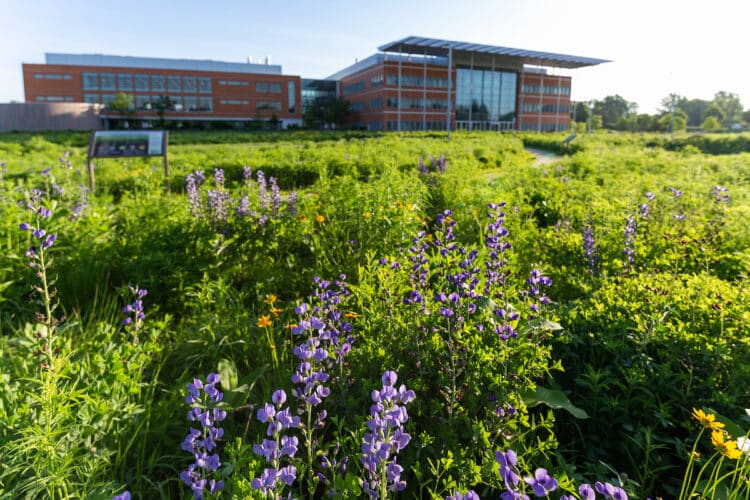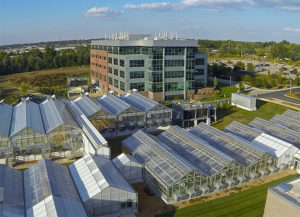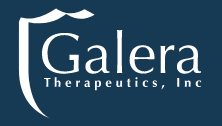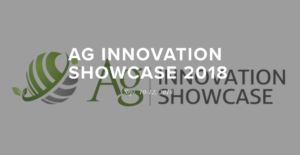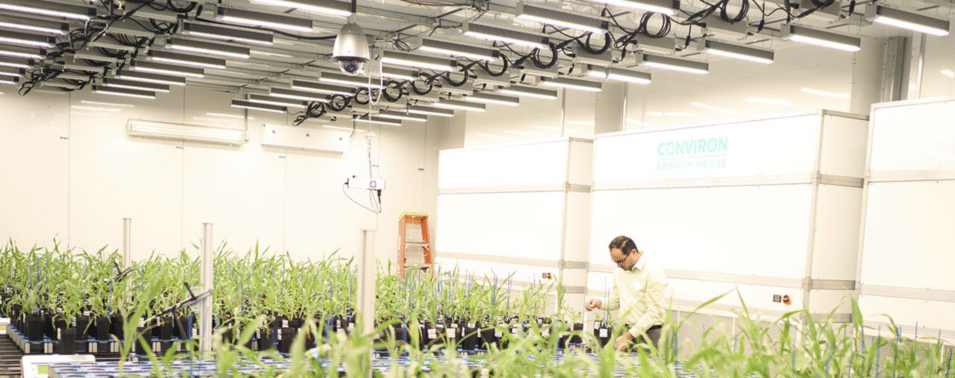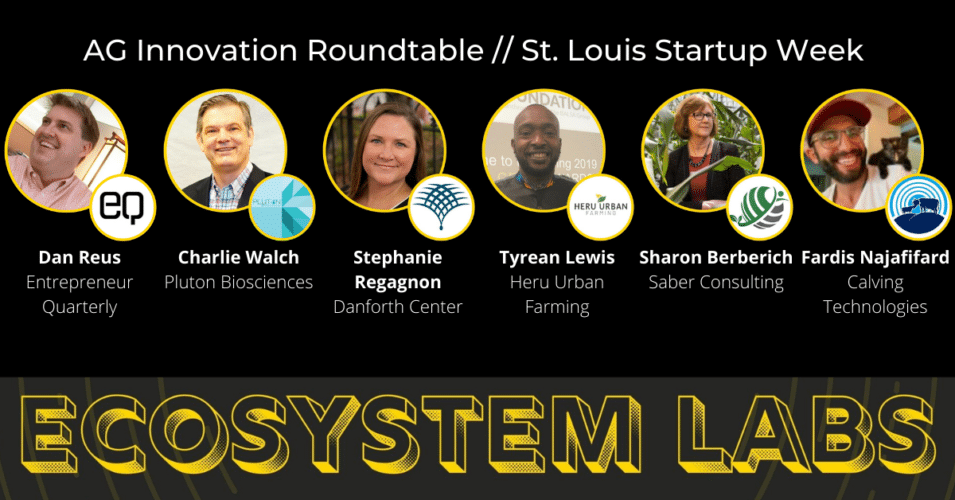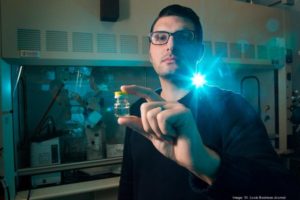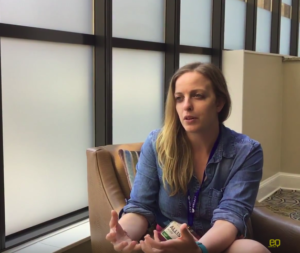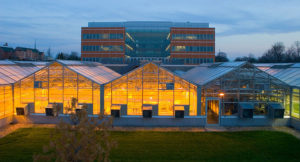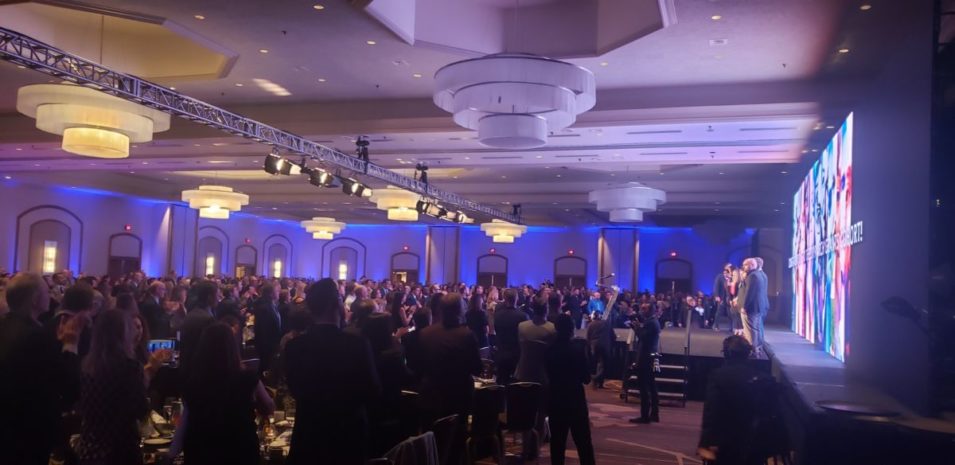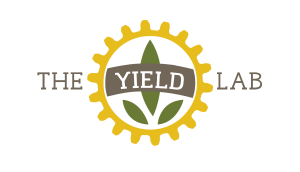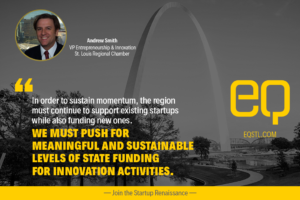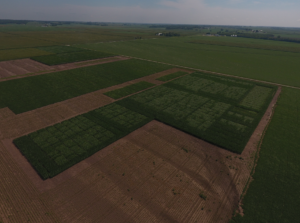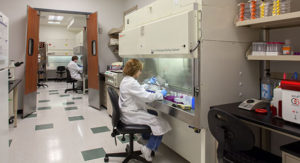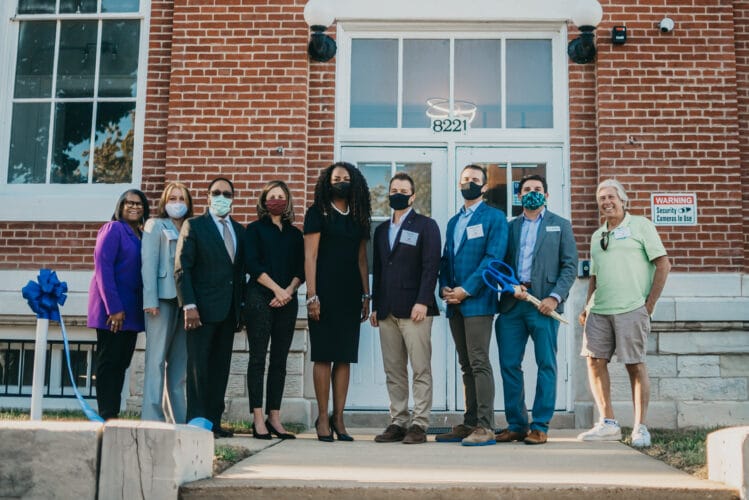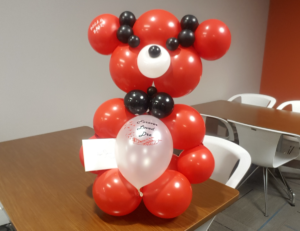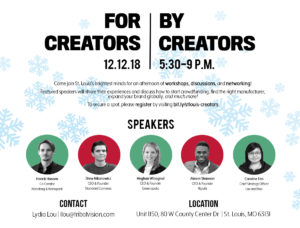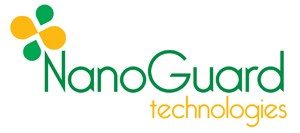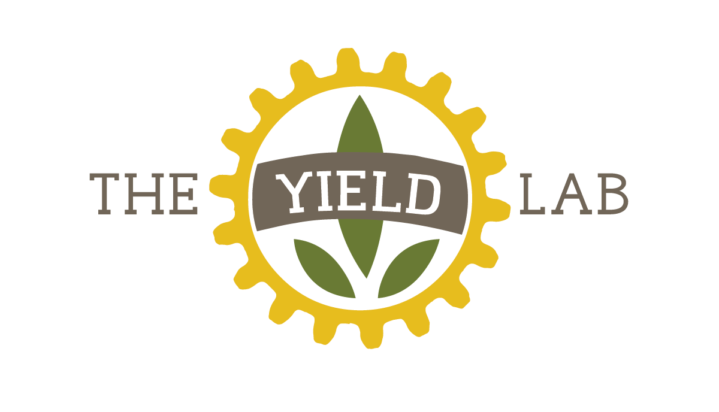
St. Louis AgTech Accelerator Growing into Global Influencer
The Yield Lab, a pioneer AgTech Accelerator, is building a network that extends far beyond St. Louis into Europe and LATAM.
 Writing by Jason Sindel. More than a decade of New York and St. Louis agency experience as an integrated producer of broadcast, social, digital and radio taught Jason Sindel to beware the agency woo and embrace the authentic story. A St. Louis native, Jason is inspired by the radical changes taking place in the city and is a contributing writer on EQ.
Writing by Jason Sindel. More than a decade of New York and St. Louis agency experience as an integrated producer of broadcast, social, digital and radio taught Jason Sindel to beware the agency woo and embrace the authentic story. A St. Louis native, Jason is inspired by the radical changes taking place in the city and is a contributing writer on EQ.
Looking to grow your company? Check out our startup ecosystem guides to startup accelerators and business incubators in St. Louis.
The Yield Lab, named this year as the World’s Most Valuable Accelerator in AgFunder’s 2018 Innovation Awards, is part of a growing regional AgTech cluster gaining recognition far beyond St. Louis. Founded in 2014, the venture capital fund is one of the only startup accelerators in the U.S. to focus solely on AgTech.
Their tightly focused, global, and collaborative approach is gaining them international attention. Today, The Yield Lab offers a robust growth strategy on behalf of their portfolio companies: the investor arm will leverage a dense regional cluster of innovation districts today, while their new non-profit initiative will continually expand access to a global talent pool of ag industry experts.
Connie Bowen, Program Manager for the Yield Lab North America, accounts for Yield Lab’s success by pointing to their strong portfolio and their managing directors: “At the end of the day, our secret sauce, is in the people on our team and the people whom we work with,” Bowen told EQ.
That recipe for success to which she refers to — namely the Yield Lab’s “competitive advantage” — can be neatly summed up in three qualities: Selection, team, and network.
A Rigorous Selection Process
“First is our Selection Process. It’s rigorous and dynamic – with all the usual VC selection criteria – market potential, team potential, past performance, exit feasibility…But at the end of the day, we aren’t going to invest if we don’t add extreme value. Period.”
Part of the Yield Lab accelerator program includes providing companies with a dedicated Yield Lab Managing Director to help fine-tune market strategy and to facilitate introductions for market access.
Creating a match between the Managing Directors and the startups’ founders and employees is critical, says Bowen:
“We know our strengths, and we know our weaknesses. We usually end up comparing a bunch of strong companies, and the ones we end up closing out on are those we want to work with because Managing Directors are eager to get their hands dirty and get directly involved in.”
To put that selection process into perspective, the ‘Ag industry’ accelerator reviews hundreds of applications a year when selecting the next years cohorts. Out of these, around a half dozen are picked for an investment of $100,000 and inclusion in the AgTech accelerator program.
Partly as a response to the sheer number of applications received from international companies, The Yield Lab expanded operations abroad in 2016-17, and established a European branch in Galway, Ireland and launched a LATAM branch in Argentina respectively.
“Over the past three years, we have reviewed over 800 applications from all over the globe,” said Yield Lab North America Managing Director, Tom Adamitis, in a statement earlier this year. “And that’s just the North America accelerator. The addition of the Yield Lab Europe and the Yield Lab LATAM has further increased the number of deals that our team sees.”
Aligning a Team of Experts
Building a team of experts to advise on highly technical investments isn’t a new concept in venture capital, but The Yield Lab has a substantial advisory network that includes farmers, agronomic service providers and ag-commodity group representatives, who provide complementary expertise alongside the agribusiness industry experts and corporate advisers. Within St. Louis alone, the Yield Lab taps into an impressive agriculture technology cluster.
The density of plant-focused PHDs in St. Louis is second to none. In addition to large corporations like Bayer-Monsanto, Bungee, Purina, KWS, and The Climate Corporation, St. Louis boasts a world-class research institute in the Danforth Plant Science Center located at 39 North, St. Louis’ innovation campus devoted to AgTech and Life Sciences companies.
The ability to align entrepreneurs with a broad range of agricultural subject matter experts is key to the Yield Lab’s process when deciding which technologies and team they should invest in and how best to add value.
For instance, Bob Nordgren, a Manager Director with 30 years of experience in Animal vaccines and biotherapeutics is aligned with EIO Diagnostics, a company seeking to avoid the $10 billion worth of production lost every year due to undetected udder infections.
Similarly, Plastomics, a Danforth Center-based BioTech startup, is working directly with Yield Lab Managing Director Dr. Sherri Brown, the former leader of Science Strategy at Monsanto. Brown is helping Plastomics develop a platform to genetically engineer a plant’s chloroplasts to improve crops and crop yields.
Within the ranks of this network, the Yield Lab taps into expertise across a range of agricultural industry sectors such as plant genetics, pest and insect control, soil regeneration and sustainability, robotics and Ag data.
“When the expertise isn’t immediately available locally,” says Bowen, “we reach into our global network.”
Growing a Global Network
Global investment in the food and agriculture technology sphere grew 29 percent year-over-year to $10.1 billion, according to AgFunder’s Annual 2017 report. To keep apace with global demand, the agricultural industry accelerator recently established two new offices internationally. Furthermore, a new nonprofit initiative was created to further inform their global perspective and help expand their network footprint.
The Yield Lab Institute works to leverage the international industry network and expertise for pre-investment stage Ag-focused entrepreneurs. The Institute’s mission is to fund research, host events, and attract the best minds in the field to come to St. Louis, MO or Galway, Ireland or Buenos Aires, Argentina.
In a recent initiative The Yield Lab Institute ran a pre-accelerator business plan competition, assisting early-stage companies in getting to an investor-ready stage. One of the alums of that program from The Yield Lab Institute’s inaugural AgriFood Open Business Plan Competition, Planetarians, was selected to pitch at the Ag Innovation Showcase, one of the premiere agriculture technology conferences.
The Yield Lab Institute plans to have a strong voice in the global conversation around sustainability and healthy food production.
Collaborating with another AgTech-heavy St. Louis VC firm, iSelect, and the Van Trump Report, the Yield Lab Institute has helped launch a weekly webinar to help promote AgTech to various stakeholders, including farmers, investors, agribusiness experts, consumers, and other entrepreneurs.
A recent episode addressed the acute labor shortage in specialized agriculture and looked at robotics as a possible solution. Other episodes have looked into the future of proteins.
The Yield Lab’s mission has also been buoyed by a regional push promoting multimodal shipping and distribution in St. Louis. The FreightWay, a business enterprise of Bi-State Development, has successfully brought attention to St. Louis as a world-class shipping hub.
The riverfront city has been dubbed the “Ag Coast of America”, owing to its unique confluence of grain depots and inland marine ports, international airports, railway and interstate highways.
Furthermore, the St. Louis Harbor represents more grain-handling capacity than almost anywhere in the world except for Brazil and the Black Sea. The Mississippi also provides unobstructed shipping access that stretches 7 miles north of St. Louis to the Gulf of Mexico.
International grain companies are investing in St. Louis in part to take advantage of the region’s strategic location, a fact that the Yield Lab is keen to exploit.
“We think about AgTech holistically and broadly, but we utilize our global network to ensure that technologies are being applied in the markets in which they’ve got the most potential to grow,” says Bowen. “Food can be -and is- produced and distributed from anywhere to everywhere, and the accompanying technology should be able to keep up.”

